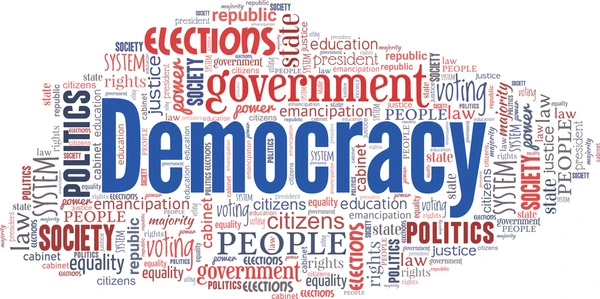What does it mean to be democratic? The term itself suggests two fundamental principles: firstly, in a national context, governance by elected representatives accountable to all citizens; secondly, within society, adherence to the equality of all members regardless of wealth or social standing. However, the global application of these ideals faces significant challenges and contradictions.
The notion of democracy, particularly in electoral practices, appears straightforward in theory but proves complex in practice across different countries. Elections, seen as pivotal in democratic societies, often encounter controversies such as the storming of the US Capitol following the 2020 US presidential election. This incident underscored how challenges to election results, while permissible through legal channels, can undermine democratic foundations when pursued through unlawful means.
Moreover, the concept falters when examining those who claim to uphold democracy while infringing on its fundamental principles. Instances where voters face vilification for their choices highlight ongoing societal divisions. Such discord challenges the essence of democracy when dissenting opinions are suppressed under the guise of protecting democratic integrity.
The second pillar of democracy—equality among all members regardless of economic status or social class—faces even greater scrutiny. In reality, wealth disparities persist, granting advantages to the affluent in accessing services and influencing societal outcomes. This economic inequality calls into question the fairness of societies claiming to be democratic when systemic advantages favour the wealthy.
Furthermore, social stratification based on class complicates the notion of equality within democratic frameworks. Elites, whether defined by wealth, birth, or intellect, perpetuate unequal power dynamics contrary to democratic ideals of equal opportunity and representation.
In essence, while democracy theoretically promises equality and fairness, real-world implementations often fall short due to electoral controversies, societal divisions, and economic disparities. These challenges prompt a critical reevaluation of what true democracy entails and how it can be authentically realised. As societies navigate these complexities, the pursuit of genuine democratic principles requires not only defining but also actively striving towards equitable governance and inclusive societal structures.
Kemuel Othieno
Student, BA in Journalism and Communication Year 1


